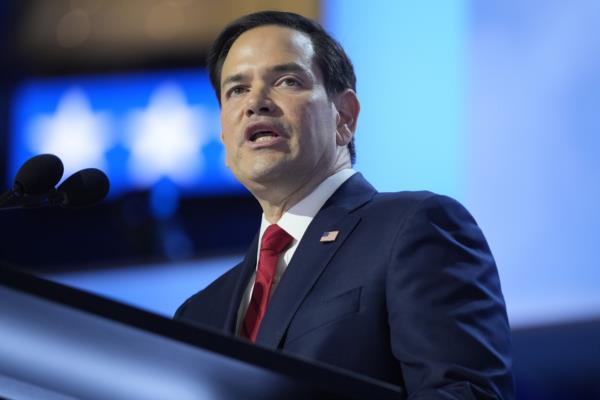U.S. Secretary of State Marco Rubio has announced he will not attend the G-20 summit in Johannesburg, South Africa, scheduled for February 20-21, citing strong opposition to South Africa’s recently enacted land-expropriation law.
This decision adds fuel to the growing diplomatic tensions between the two nations.
Rubio voiced his discontent on X, stating, “I will NOT attend the G20 summit in Johannesburg. South Africa is doing very bad things. Expropriating private property. Using G20 to promote ‘solidarity, equality, & sustainability.’ In other words: DEI and climate change. My job is to advance America’s national interests, not waste taxpayer money or coddle anti-Americanism.”
His boycott comes shortly after former U.S. President Donald Trump criticized South Africa for its land reform policy, accusing the country of unjust land seizures and mistreatment of certain groups. Trump also threatened to suspend U.S. aid, a significant move considering America has provided over $8 billion in bilateral aid to South Africa in the last two decades.

The controversy centers on South African President Cyril Ramaphosa’s recent signing of the Expropriation Act, a law designed to facilitate land redistribution by allowing the state to expropriate land in the public interest with equitable compensation. The legislation aims to rectify historical racial disparities in land ownership lingering since apartheid’s end in 1994.
Adding to the debate, tech mogul Elon Musk, a South African native and Trump ally, criticized the law as “openly racist ownership laws” in response to Ramaphosa’s defense of the policy. Ramaphosa countered these claims, affirming, “South Africa is a constitutional democracy rooted in the rule of law, justice, and equality. The government has not confiscated any land.

Ramaphosa further clarified, “The recently adopted Expropriation Act is not a confiscation instrument but a constitutionally mandated legal process that ensures public access to land in an equitable and just manner as guided by the constitution.”
As tensions mount, Rubio’s absence from the G-20 summit highlights a deepening rift that could have far-reaching implications for U.S.-South Africa relations and international diplomatic dynamics.



